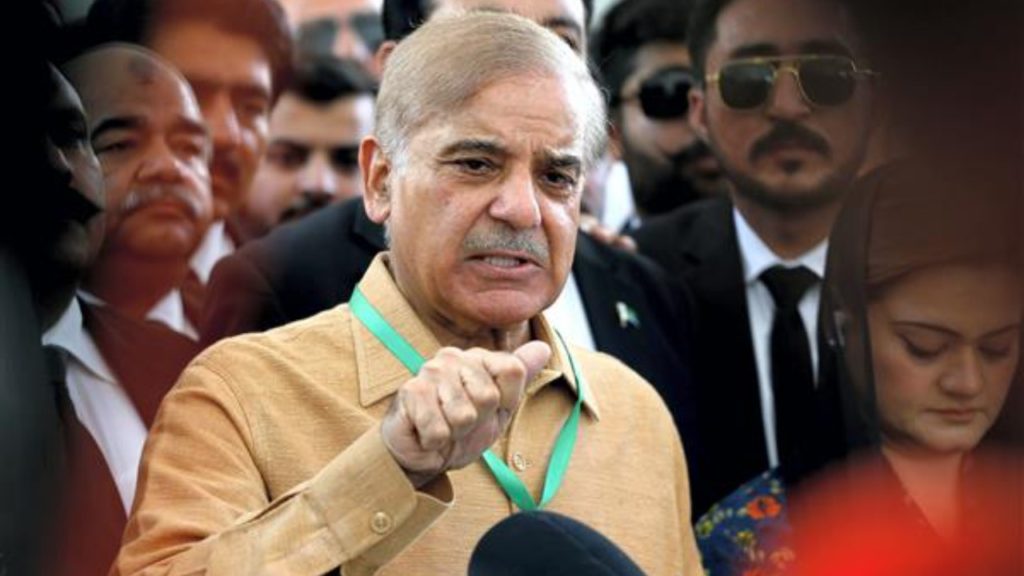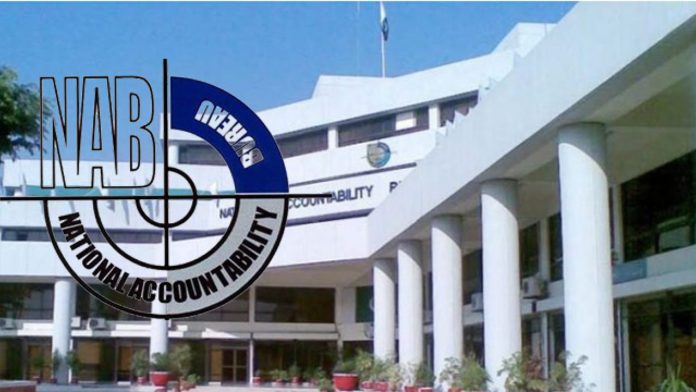With a certain amount of corruption present in most societies, corruption undisputedly is the worst feature of Pakistan. Over the decades it has reached epic proportions, now undermining the very state. Whereas it was present in all the institutions of the state, corruption has now been weaponised in the higher echelons of leadership to the detriment of the state. Leaving aside the moral decay, it is the major reason for Pakistani economy faltering, for poverty to be rising and food security diminishing. Thereby the rich are getting richer and the poor getting poorer. While it has certainly evoked mass protest, there is diminishing hope for betterment. But fighting corruption is in the best interest of the nation, particularly for the poor and the deprived! The reverse side of it is that in practice, those who are in the habit of thriving on corruption and have grown rich on it would have to stay back, change their ways or be weeded out. For that laws and reliable law enforcement has to be put in place, manned by those who are ready to do their jobs honestly; leaders who will not compromise their conscience at the altar of greed.
During the first decades of Pakistan’s existence the situation was not recognized for the damage it was doing to the moral fabric of the nation. One of the first things General Musharraf did after seizing power in 1999 was the creation of the National Accountability Bureau (NAB). At least in the beginning he seriously meant to fight corruption and hold corrupt people responsible but his growing political interest in staying in the seat of power changed things. Things went the wrong way almost from the beginning. Being an honest man Lt Gen. Amjad, the first chairman of NAB, opted out, but most of his hand-picked colleagues were thoroughly corrupt and stayed. Some of his successors at NAB were also corrupt to the core so that NAB’s accountability became subject to their honesty. Some of them flourished on the “plea bargain” method. Some of them pontificate as if they were “Jesus Christ the Second” to quote one of them in 1974. In the end, brought into existence by Gen. Musharraf in 2009, the NRO made finally a joke of accountability. All consecutive “democratic” governments of PPP, PML(N) and PTI have used the NAB for political revenge instead of retribution.
There is a major difference between revenge and retribution. Revenge is personal; it is directed at making the person who has committed a crime to suffer personally. Retributive justice, on the other hand, is a theory of punishment for a crime committed instead of the person and the punishment in response to the crime has to be proportional to the offence and all offenders have to be equal in front of the law. Retribution is thus aimed not at the person but at the crime; it is an effort to make up for the loss caused by the crime and prevent it from being repeated.
Both are to punishments for wrongdoing; the NAB presently is used by its own staff and by govts to gain political traction and to punish political or even personal opponents. Only political adversaries come under the purview of NAB while criminals on the “right side” of party politics are spared. Imran Khan’s govt was the first to try and break this practice. In a bold step he realized that if Pakistan wants to honestly fight corruption it has to be across the board. As a consequence, he refused to take out of the equation those criminals who were not only members of his party but personal friends as well. But as a matter of fact, Pakistani society seems not to be ready for this. Even the members of his own party did not understand this idea and refused to acknowledge any wrongdoing which at the end gave a bad jolt to the party and brought Imran Khan’s govt down. Jahangir Tareen, Aleem Khan and others left the party rather than accepting their wrongdoing – because they don’t see any! One hopes that Imran Khan and PTI survives this jolt and do not give up their insistence on retribution instead of revenge.

Even after decades of trying to run a democracy in Pakistan the main ingredients for it are still missing. One major reason is the missing idea of equality of all Pakistani citizens in front of the law. Most people think that they are so special that the law cannot be applied to them. That starts with traffic rules and ends with the Constitution, the premier law of the land. Then they also know that laws are not applied often so they count on slipping by it. Secondly, there is a lack of understanding or acceptance among people of the difference between personal interest and national interest. Members of Parliament are meant to promote the national interest of the country, particularly promoting the well-being of all, not the least of the larger and poorer – section of the society. Any bill introduced in the parliament for passing into law has to consider the greater good of society, the MNA must not consider his or her own personal or her family’s business interest. One votes for a law if it is in the interest of the country even if it hurts your own private interest. The same applies to decision-making in administration and other state institutions. And even a private enterprise should keep the larger national good in mind and not take decisions that undermines the very country he/she is living in. Public discussions, about what exactly is national interest and how it is different from personal interest are hardly ever conducted; thereafter the awareness of this important aspect is low. There is another peculiarity in the subcontinent an inheritance of British rule. During the freedom movement against British rule going to prison had attained an aura of sacrifice. While that was certainly the case while fighting for freedom from colonial rule, going to prison for corruption seems to be regarded the same way until today. Politicians with pending corruption cases are fit to rule the country so much so that many think that Shehbaz Sharif should not be convicted and go to jail because that will add so much to his popularity. His elder brother’s conviction for corruption has hardly dented his political popularity.
These examples show that fighting corruption and substituting revenge with retribution are complex tasks that involve all society, demand critical evaluation of ourselves and a committed and credible leadership. Indeed, if you put hardened criminals in positions which are meant to uphold the law and function in the name of justice, justice becomes a crime! Without a fair and equitable exercise in accountability Pakistan cannot progress and render justice to all its citizens.





